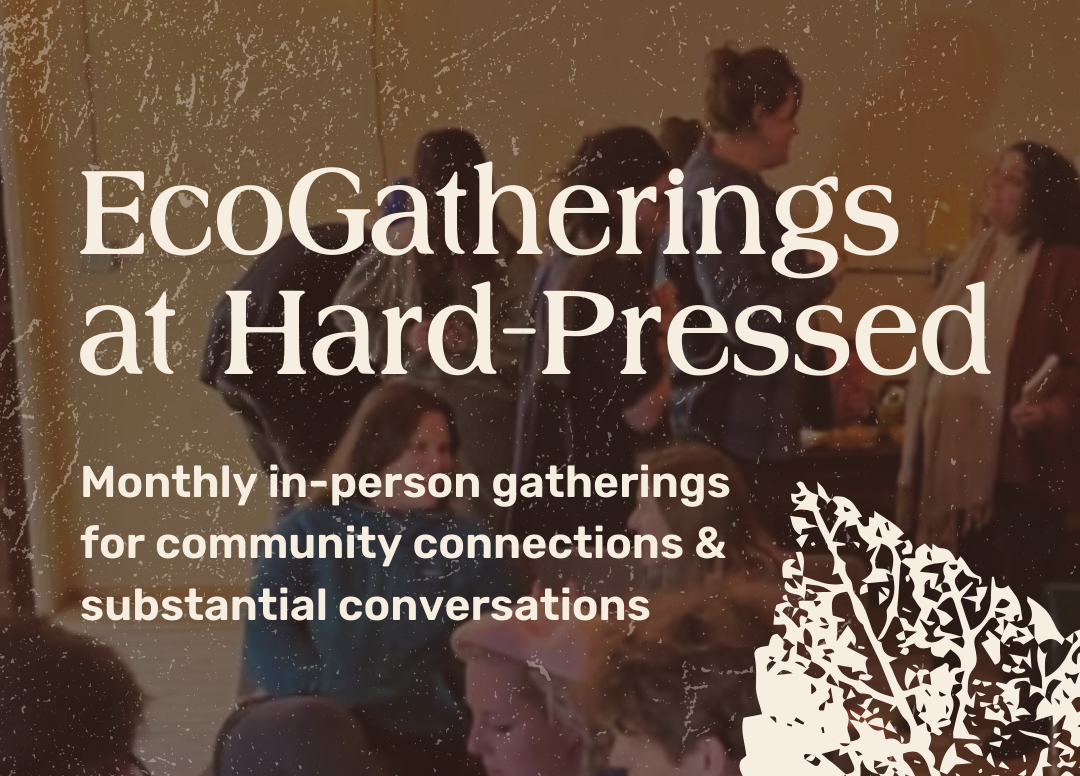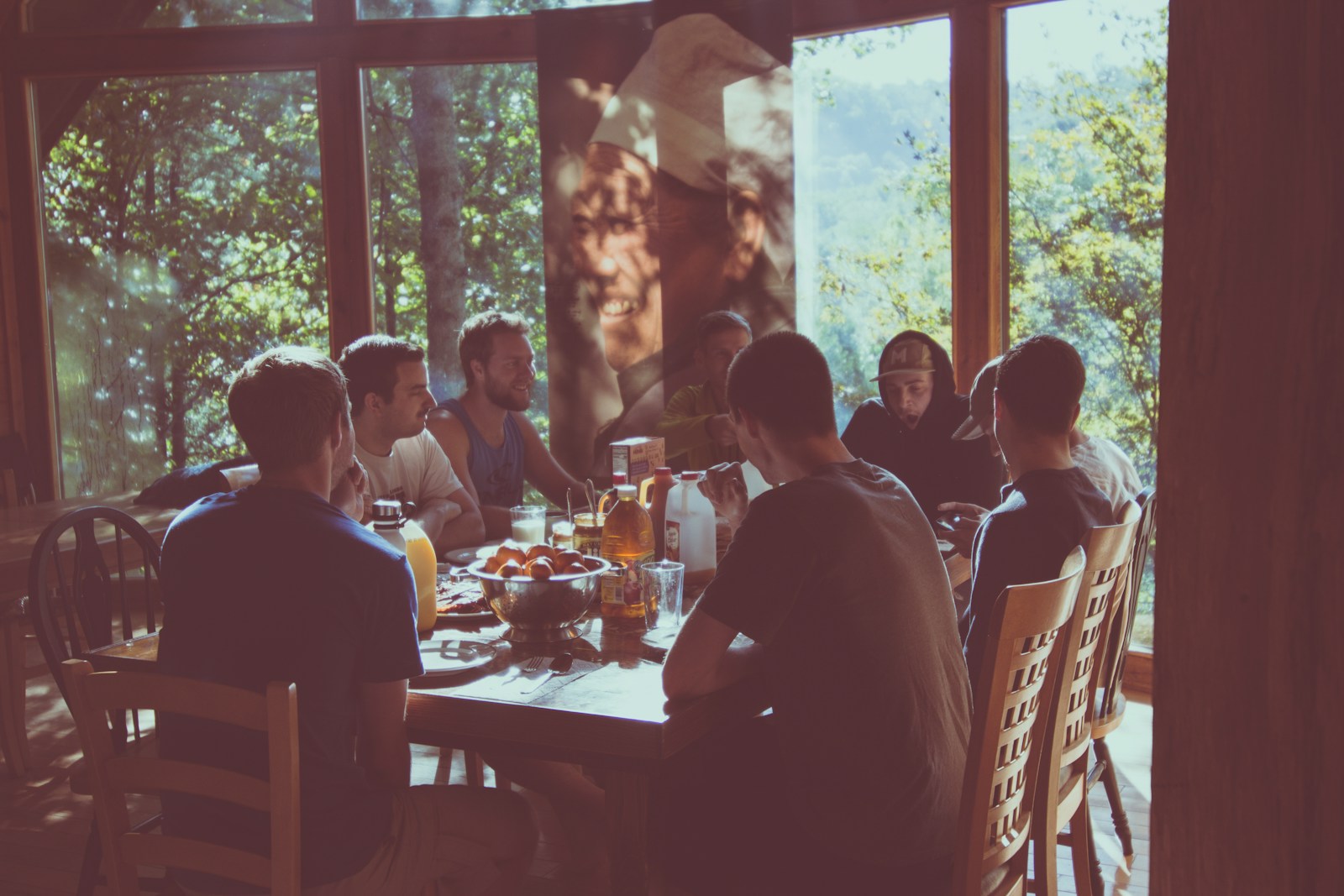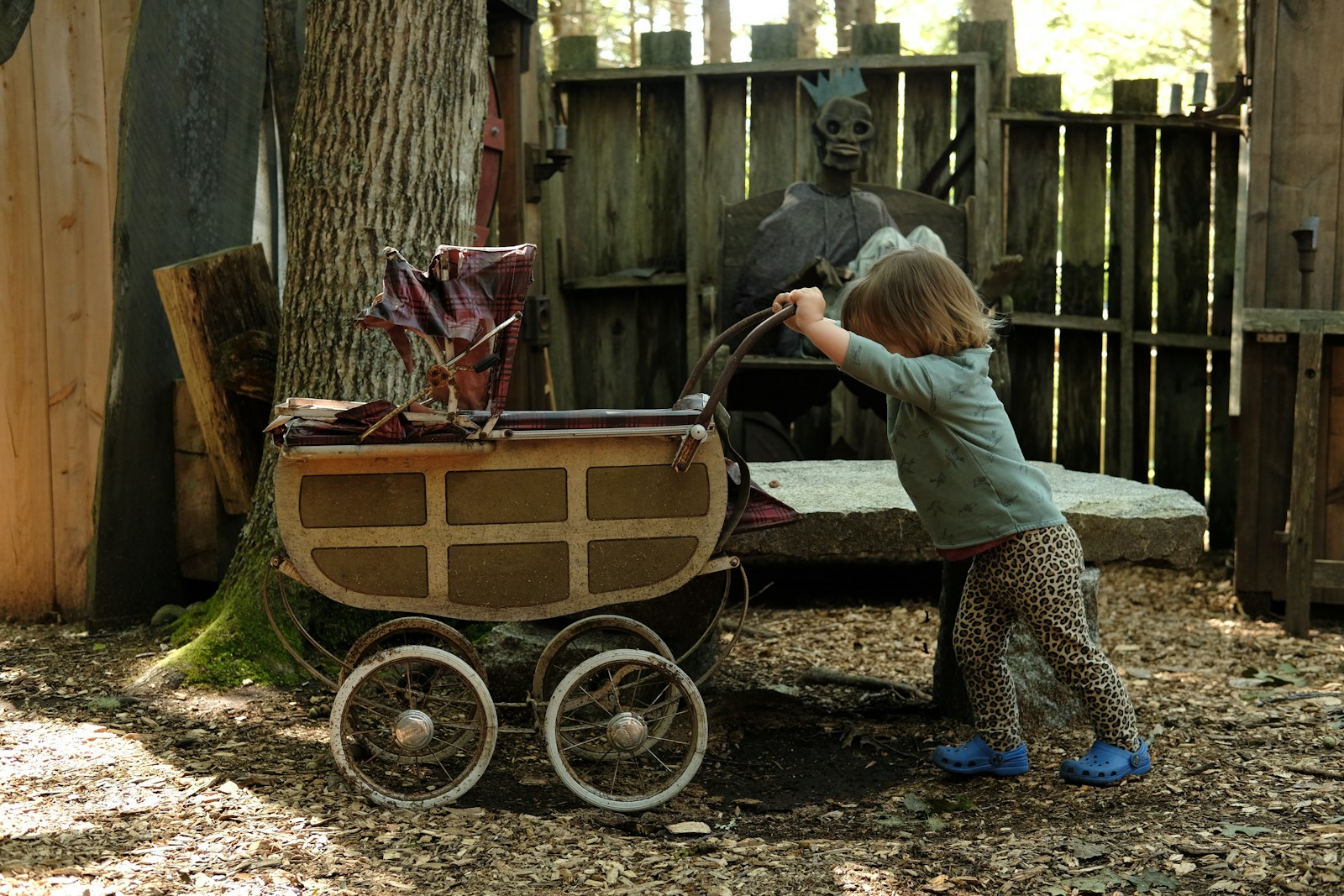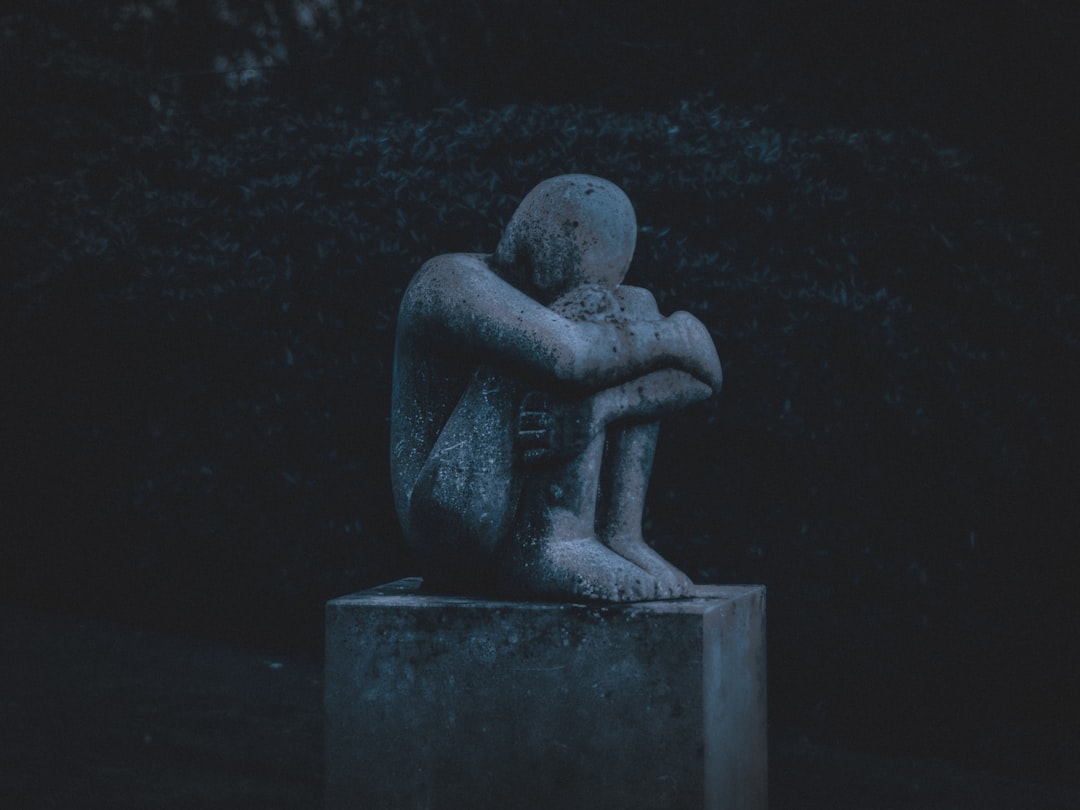
World Ecology
This talk explores the entangled histories of climate change, capitalism, and the "ends of the world." Often taken at face value today, "existential threat" and "climate emergency" language have a long history rooted in capitalogenic climate change since the sixteenth century. Charting the relation between climate change and political crisis during the Little Ice Age (c. 1300-1816), Moore shows how successive climate-class conjunctures shaped the modern world, a capitalist world-ecology of power, profit and life. These included a series of invasions and transformations that imposed the "end of the world" on countless peoples in the interests of turning planetary life into profit-making opportunities. By the early twentieth century, the logic of genocide and ecocide was complemented by state-of-emergency politics. This culminated in Cold War regime change politics and the neoliberal era's "shock doctrines" (Klein): emergency rule to establish predatory imperialist policies across the South. The two claims, of survival and exigency, today combine in emergency rhetoric that lends aid and comfort to an authoritarian, technocratic politics of climate change rather than what is needed to pursue a just transition - a radical extension of popular democracy.








